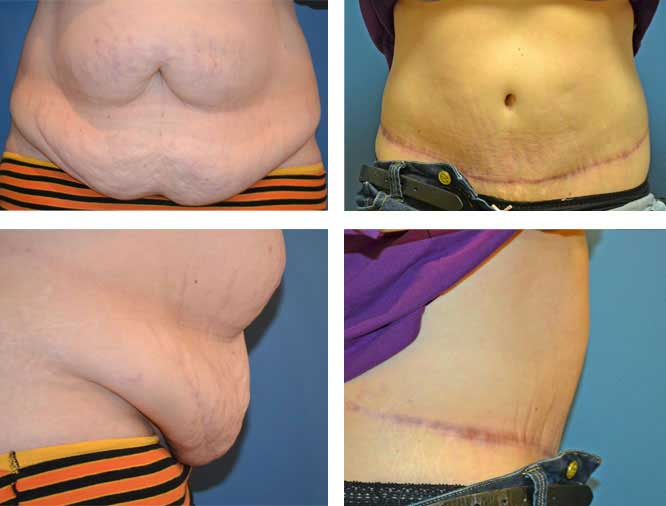Bad skin can be attributed to a range of things, those being hereditary inheritance, bad weather, or simply bad hygiene. In many cases, it may simply be improper hygiene. If bad hygiene originates from a lack of health, then improper hygiene results from improper care. Not everybody is created equivalent, least of all in their skin. Knowing and being comfy in one's own skin can result in lifelong rewards.
Persistent acne can be a workable life option. The driver is dry skin, and for those who experience acne typically struggle with skin that is either too dry or not dry enough. This can be avoided by not overdoing the regimens of daily health. As a tip, sprinkle the face with cold water before washing with warm water; and after washing, splash with cold water once more. This will ensure that the delicate pores will be closed throughout upset rinsing, therefore decreasing the impacts of delicate skin. If cleaned too roughly or frequently, dry skin will chap and flake. The loose skin particles will trigger even more breakouts than from bacteria and dirt alone.

Residues of persistent acne appear in the form of unpleasant scars and, in the long run, keloids. Keloids are lumps of harmed or dead tissue that look like cysts. Typically non-active, keloids often spread out and persist by themselves, even without the presence of acne. There is no sure topical option in the elimination of keloids. For that, oral treatment is required. The just recently approved Accutane helps to decrease the appearance of keloids; though it works indirectly by decreasing the sebaceous glands that irritate the skin. For direct treatment of keloids and cysts, an injection of cortisone is the most common answer. Cortisone triggers a response in the immune system that helps the body battle inflammatory ailments. As soon as injected, its affects can take as long as a few days to totally work. The lumps might still continue, however injections help to soften them, thus making it easier to slowly recover.
Chemical peeling is important in the treatment of acne scars. Scarring typically impacts the external skin, and peeling it away to expose the newer, untouched skin is visually affective. However peeling must just be done after the acne has subsided and little keloids remain. Peeling will expose new, delicate skin, thereby increasing the potential for infection; any presence of acne will no doubt raise that danger.
In the long term, lotions and body oils will lead to out of balance skin if used incorrectly, especially excessively. They provide the body with more oils, and excessive body wetness is a common cause for acne and other topical conditions. Know your body before investing in costly topical solutions. For those experiencing chronic acne and keloids, recent research https://healtheri.com/ suggests that the oil drawn out from the emu bird contains dietary residential or commercial properties that aid the skin in healing, rather than just eliminating germs and excess oil.